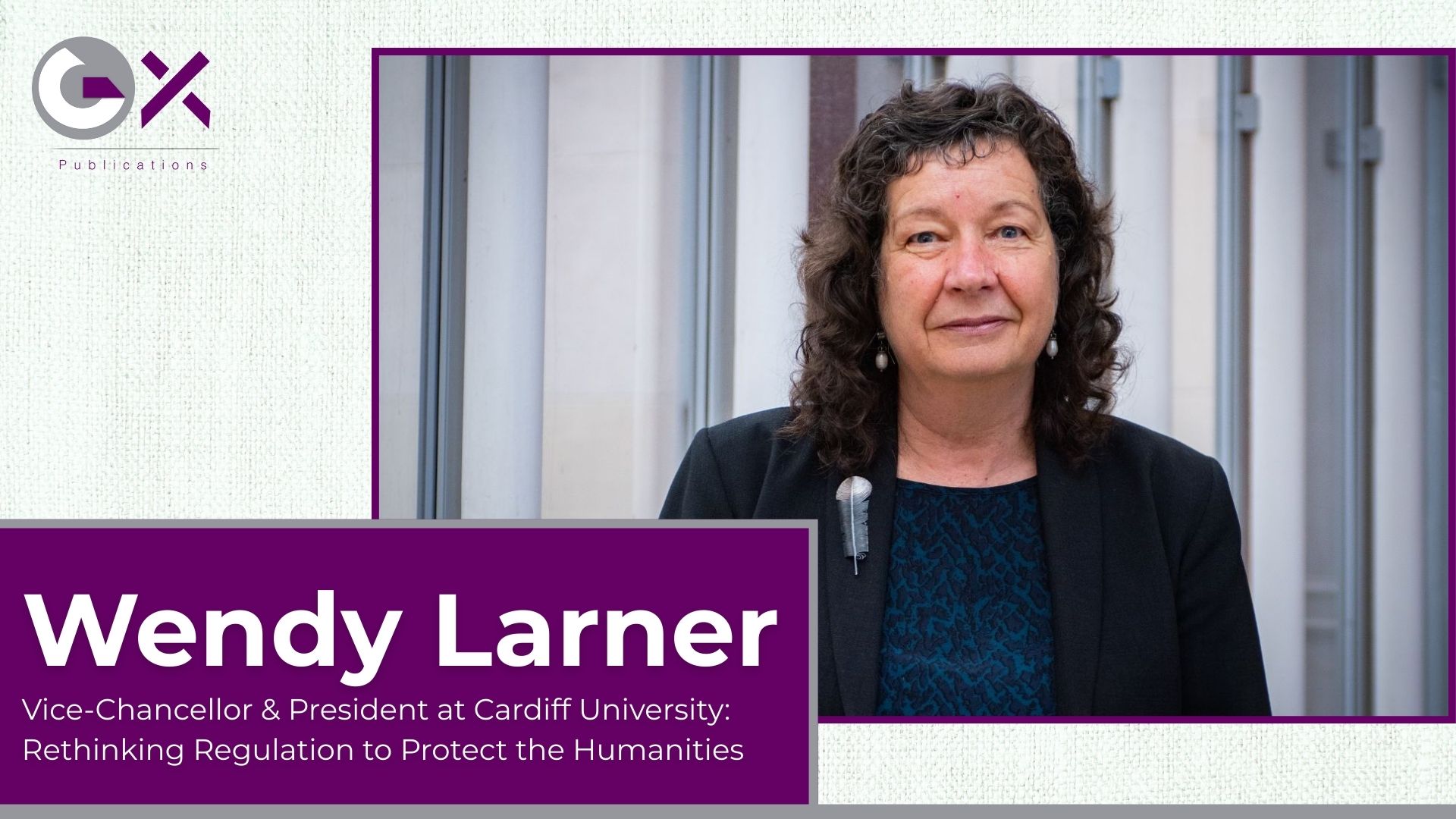
In an era where higher education is shaped by global competition, shifting economies, and rapid technological change, the role of regulation has come under increasing scrutiny. Wendy Larner, Vice-Chancellor & President of Cardiff University / Prifysgol Caerdydd, has made her position clear: current competition laws are stifling collaboration, and without reform, vital fields such as the humanities, arts, and languages may face serious decline.
Her message is both urgent and forward-looking: if universities are to remain diverse and resilient, they must be freed to adapt, collaborate, and innovate without unnecessary regulatory barriers.
Wendy Larner is no stranger to challenging conventions. As an academic leader with a global perspective, she has consistently spoken about the need for universities to be proactive, not reactive, in responding to change. At Cardiff University, she has overseen efforts to strengthen research excellence, enhance international engagement, and create a student experience that is both inclusive and future-oriented.
Yet, her call to rethink competition laws is particularly striking because it touches on the heart of higher education’s mission: the safeguarding of knowledge across disciplines. While STEM fields often benefit from industry partnerships and large-scale funding, disciplines such as languages, arts, and the humanities face greater vulnerability under current systems.
The concern Larner raises is not abstract. Across the globe, humanities programs are being downsized, languages departments are closing, and the arts are under pressure to justify their existence in economic terms. While innovation and efficiency are important, the risk is clear: without regulatory reform, education may become narrowly focused on immediate market outcomes, leaving behind the disciplines that foster critical thinking, creativity, cultural understanding, and human empathy.
Larner’s warning is also a call to policymakers. She argues that deregulation and adaptation are necessary if universities are to form the collaborations needed to sustain vulnerable disciplines. By reducing unnecessary restrictions, institutions could share resources, co-develop programs, and ensure that no field of study is allowed to disappear simply because it doesn’t fit a narrow funding model.
At its core, Larner’s perspective is about rebalancing higher education. True progress requires partnerships across disciplines, sectors, and even national borders. Whether it’s addressing global challenges such as climate change or fostering intercultural understanding, the humanities and social sciences remain essential contributors to solutions.
By calling for bold change, Larner highlights that collaboration, not competition, must be the foundation of the next phase in higher education.
At GlobalX Publications, we stand alongside education leaders like Wendy Larner, who call for courageous reforms to keep higher education vibrant, inclusive, and resilient. Her perspective reminds us that education’s true worth goes beyond economic measures it lies in its power to safeguard knowledge, broaden horizons, and enrich communities.
As Cardiff University continues its journey under her leadership, Larner’s call to action offers a timely reminder: the survival of the humanities, arts, and languages depends not on competition, but on collaboration, courage, and change.